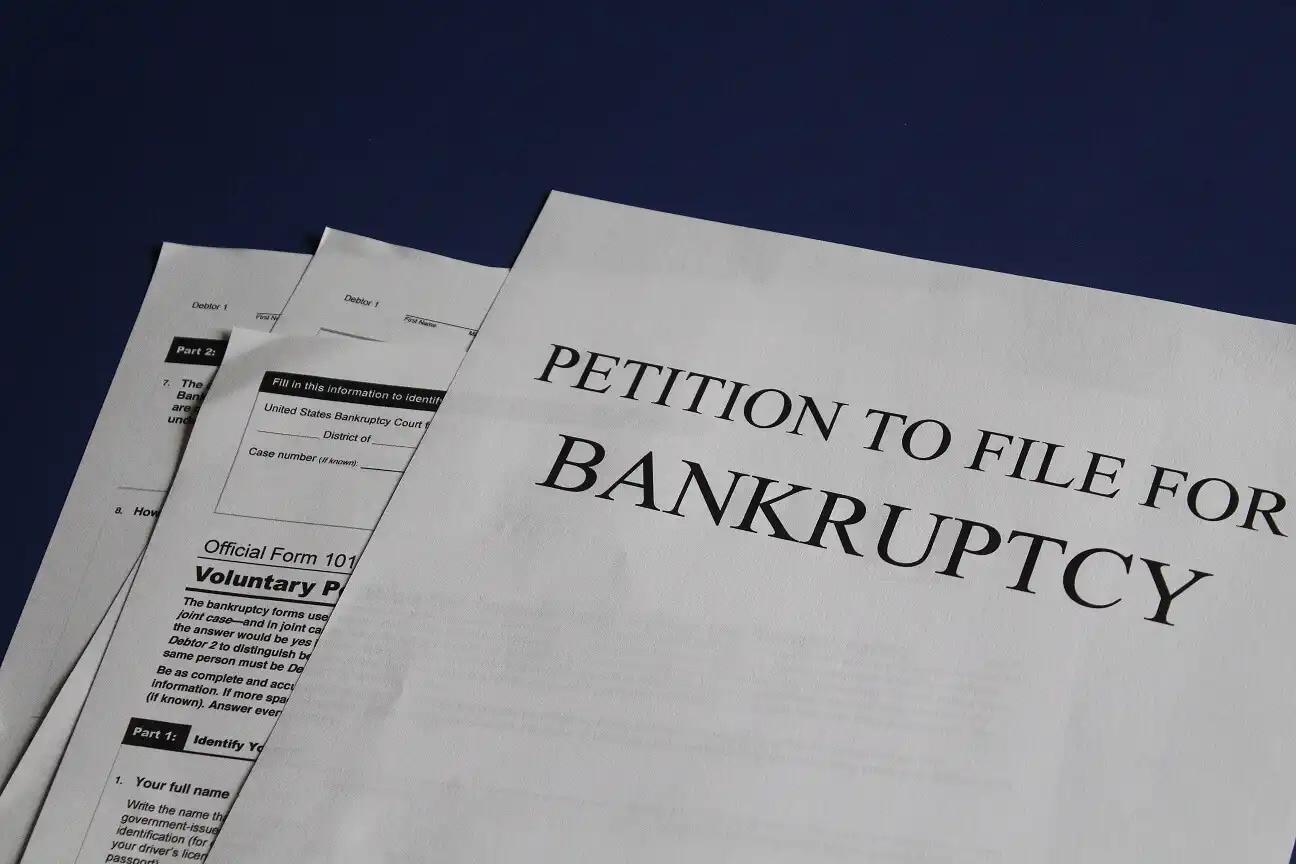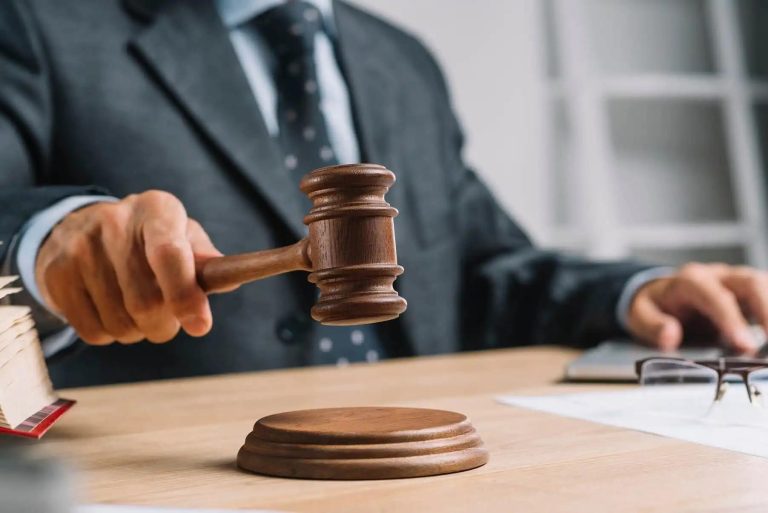Can I File for Divorce and Bankruptcy at the Same Time?
Divorce alone is difficult enough, and it becomes even more complicated if you and your spouse also need to file for bankruptcy. While both pave the road for a fresh start, there are a few things to consider before moving forward with either. As both divorce and bankruptcy deal with assets, filing for them at once will cause significant delays in both proceedings, which can unnecessarily turn an already sticky situation into an avoidable dilemma.
For example, if you filed for bankruptcy, an “automatic stay” order (injunction) issued by the court would freeze all of your assets. If you then filed for divorce, this freeze would critically delay your divorce proceedings, because the court would be unable to successfully access and divide your assets. However, by planning properly, you can make an informed decision that will help iron out any wrinkles that may arise in your financial future.
Do You File for Chapter 7 Bankruptcy Before or After the Divorce?
If you and your spouse’s combined income exceeds the limits of Chapter 7:
It is best to file for divorce first before filing for bankruptcy. Once you are divorced, you and your spouse may be eligible to file for Chapter 7 individually.
If your income does NOT exceed the limits of Chapter 7:
It is best that you file for bankruptcy before filing for divorce. This will allow you to tackle joint debt that would otherwise have been dealt with in your divorce proceedings and then dealt with a second time when you and your spouse would file for bankruptcy after. Additionally, filing jointly rather than separately may help you and your spouse save on legal fees.
What Is Chapter 7 Bankruptcy?
Designed to eliminate debt, Chapter 7 bankruptcy is filed for when people have an income that is below the average. Upon the court order, a person is being assigned to sell some property of the debtor to quickly pay off the creditors. The main benefit of filing Chapter 7 bankruptcy is how quickly it can be delt with (in a few months), and how it can streamline divorce proceedings.
Can You File for Chapter 7 Bankruptcy?
Whether this type of bankruptcy will work for you and your spouse depends on your income level. If your household income exceeds the median income for your state, you may not be able to file under Chapter 7.
As of November 1st, 2020, you can find each state’s median family income at: https://www.justice.gov/ust/eo/bapcpa/20201101/bci_data/median_income_table.htm. To read this table, simply find your state on the left side of the table and find a column that matches your family size to see the state average for it.
Do You File for Chapter 13 Bankruptcy Before or After the Divorce?
If you plan on filing Chapter 13 bankruptcy, you should file for divorce first. Chapter 13 bankruptcy repayment plans are lengthy. As waiting for years for a Chapter 13 bankruptcy discharge before filing for divorce would not be beneficial to you – if Chapter 13 is the best choice in your case, you should file for divorce before filing for bankruptcy.
What Is Chapter 13 Bankruptcy?
Even if your income does not exceed the limits of Chapter 7, there are circumstances that would make it more beneficial to file under Chapter 13. First and foremost, if you own a home, filing Chapter 13 may allow you to save your home from foreclosure. In contrast with Chapter 7, which eliminates debt, Chapter 13 allows you to set up a repayment plan to pay off part (or all) of your debt within a few years.
Can You File for Chapter 13 Bankruptcy?
There are limits to how much debt can be covered under Chapter 13. Currently, the unsecured debt limit is $394,725, and the secured one is $1,184,200. You will find more information on unsecured and secured debts in the “What debts does bankruptcy cover?” section below.

Divorce During Chapter 13 vs Divorce During Chapter 7
First and foremost, deciding which to file for first depends on your financial situation. Therefore, you need to answer the following questions:
- What type of debts do you have?
- What is the amount that you owe for each debt?
- What is your current household income?
Once you have gathered this information, you then need to understand what type of bankruptcy to file for. The most common ones, and the ones you will likely have to choose from, are Chapter 7 and Chapter 13 bankruptcy.
| Chapter 7 | Chapter 13 | |
| File for if | Your income is below average in your state You want to quickly eliminate debt | Your income is above average You want to set up a repayment plan |
| File before divorce | Yes, if spousal income is below average | No, due to the waiting period |
Once you’ve determined which type suits your case best, your decision on what to file for first will be an easy one. Therefore, let’s review each bankruptcy type in detail.
What Debts Does Bankruptcy Cover?
Bankruptcy allows most unsecured and secured debts to be dischargeable. Secured debts such as home loans and vehicle loans are those for which a collateral is provided. On the other hand, unsecured debts, such as credit cards, personal loans, and utility bills, are not secured by collateral.
However, there are some debts that cannot be included in bankruptcy. Examples of non-dischargeable debts include:
- Student loans
- Child and spousal support
- Lawyer’s and court fees for child support or custody cases
- Government or court fines and penalties
Moreover, even if you have debt that is dischargeable, not following the rules of the Bankruptcy Code may result in certain debts not being included in your bankruptcy. For example, in Chapter 7, your debt may be excluded if you:
- Destroy or conceal financial records
- Fail to complete a required personal financial management course
- Transfer or conceal property with the intention to defraud creditors
- Commit perjury and/or other fraudulent acts (regarding the bankruptcy case)
- Fail to account for loss of assets
What Happens to Your Credit After Divorce?
While getting a divorce alone will not lower your credit score, it also will not relieve you of your joint debts, which will still appear on your credit report. Therefore, you need to remember that:
- If joint accounts remain open, you and your spouse will continue to be responsible for them.
- If you or your spouse miss a payment on one of your joint debts, it will appear on both of your credit reports.
The best thing to do is continue to make payments on these debts in order to reduce the amount of negative information being sent to the credit bureaus. Even if your divorce documents state that your spouse is responsible for the debt, that is still only an agreement between you and your spouse, and not between you and the creditor. As long as your name remains on the accounts, you will continue to be liable.
It’s best to first try and work together with your spouse to close and/or pay off joint accounts to reduce any future aggravation. You should also reach out directly to the creditors to see what your options are. If they are unable to close the account, they may be able to convert the joint account into an individual account.
Online Divorce Made Simple
Complete your divorce forms through a simple, guided process designed for your state. No lawyers, no court stress.








